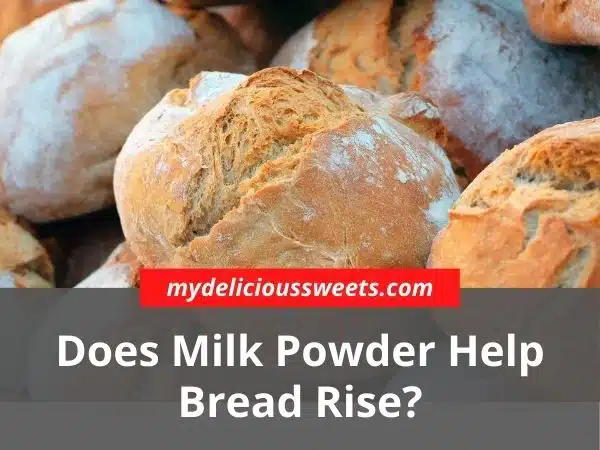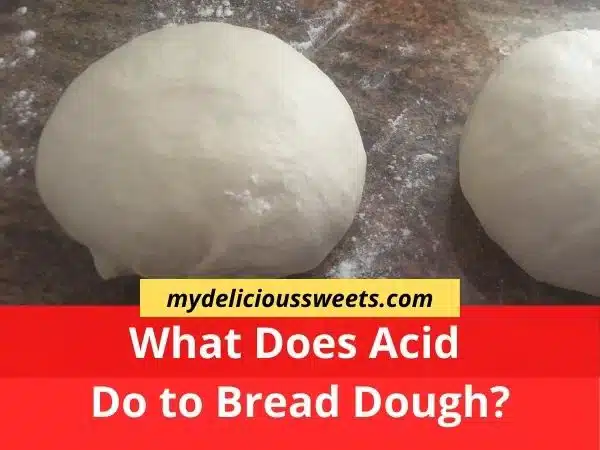Why Put Whey in Bread? Exploring the Benefits
Whey is a liquid byproduct that is obtained during the cheese-making process. Incorporating whey into your bread recipes can provide numerous benefits, including enhanced flavor, improved texture, and increased nutritional value. In this article, we will examine the reasons why using whey in bread is a good idea. Adding whey to bread yields several positive … Read more









